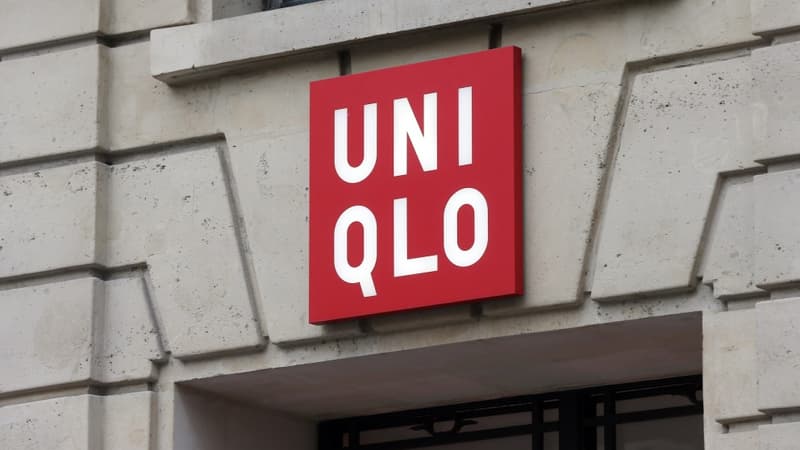Japanese clothing giant Fast Retailing, which owns the Uniqlo brand, announced on Wednesday that it will increase the salaries of its permanent employees in Japan by up to 40%, to bring them more in line with international levels. Salaries are relatively low in Japan, even for top executives, making the country unattractive for foreign talent. The fall of the yen against the dollar and the euro last year has further exacerbated this problem.
Fast Retailing intends to review its salary system in Japan starting in March “to better compensate each employee according to their ambition and skills, and to increase the growth potential and competitiveness” of the company, according to a statement. This measure will affect some 8,400 employees with permanent contracts, said a spokesman for the group.
Among the roughly 48,000 other Fast Retailing employees in Japan, who tend to have more precarious contracts, 41,000 people have already seen their hourly wages increase by 20% on average since last September, the spokeswoman added. Fast Retailing expects these salary increases to increase its payroll spending in Japan by around 15%. However, the group expects to absorb this additional cost through productivity gains, according to the spokesperson.
Companies are encouraged to raise wages
Therefore, fast retailing should be welcomed by the Japanese government, which has long called on Japanese companies to seriously raise their wages to mitigate the impact of inflation and the falling yen on purchasing power.
In the context of sky-high prices for energy and imported food products, the increase in consumer prices reached 3.7% last November in Japan, the highest level in the archipelago since 1981. The Banque du Japan (BoJ ), however, expects inflation to weaken notably. as of this year, due to the lack of salary increases sufficient to generate a virtuous economic circle. However, Fast Retailing risks remaining just a rare counterexample in Japan.
Rengo, the Japanese trade union confederation, expects to win an average wage increase of 5% during upcoming negotiations with management that take place each spring. But for many economists, this target – the highest in 28 years – has very little chance of being reached and a 3% rise would already be a success.
Source: BFM TV


